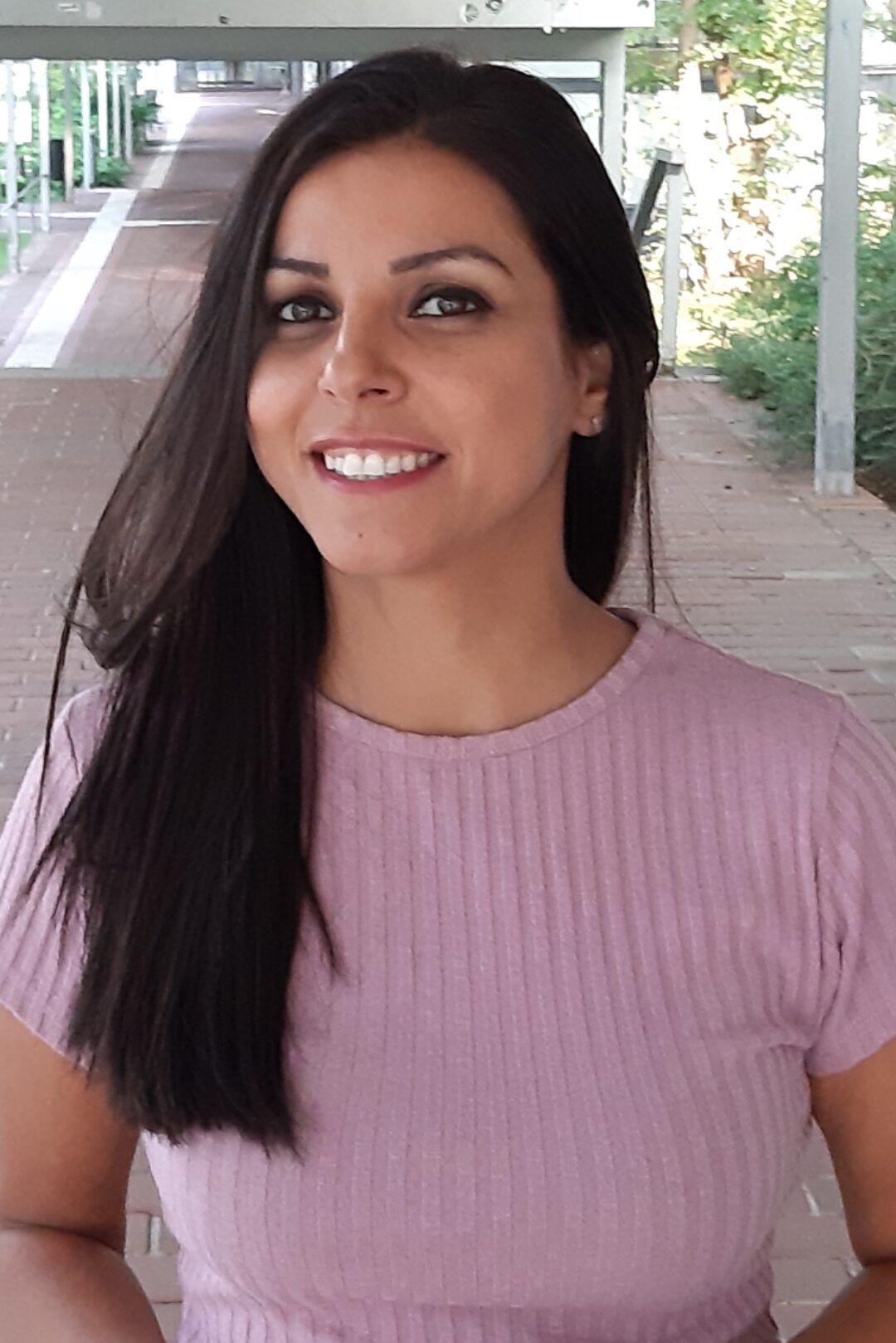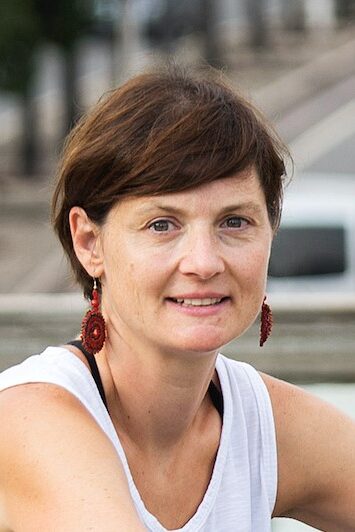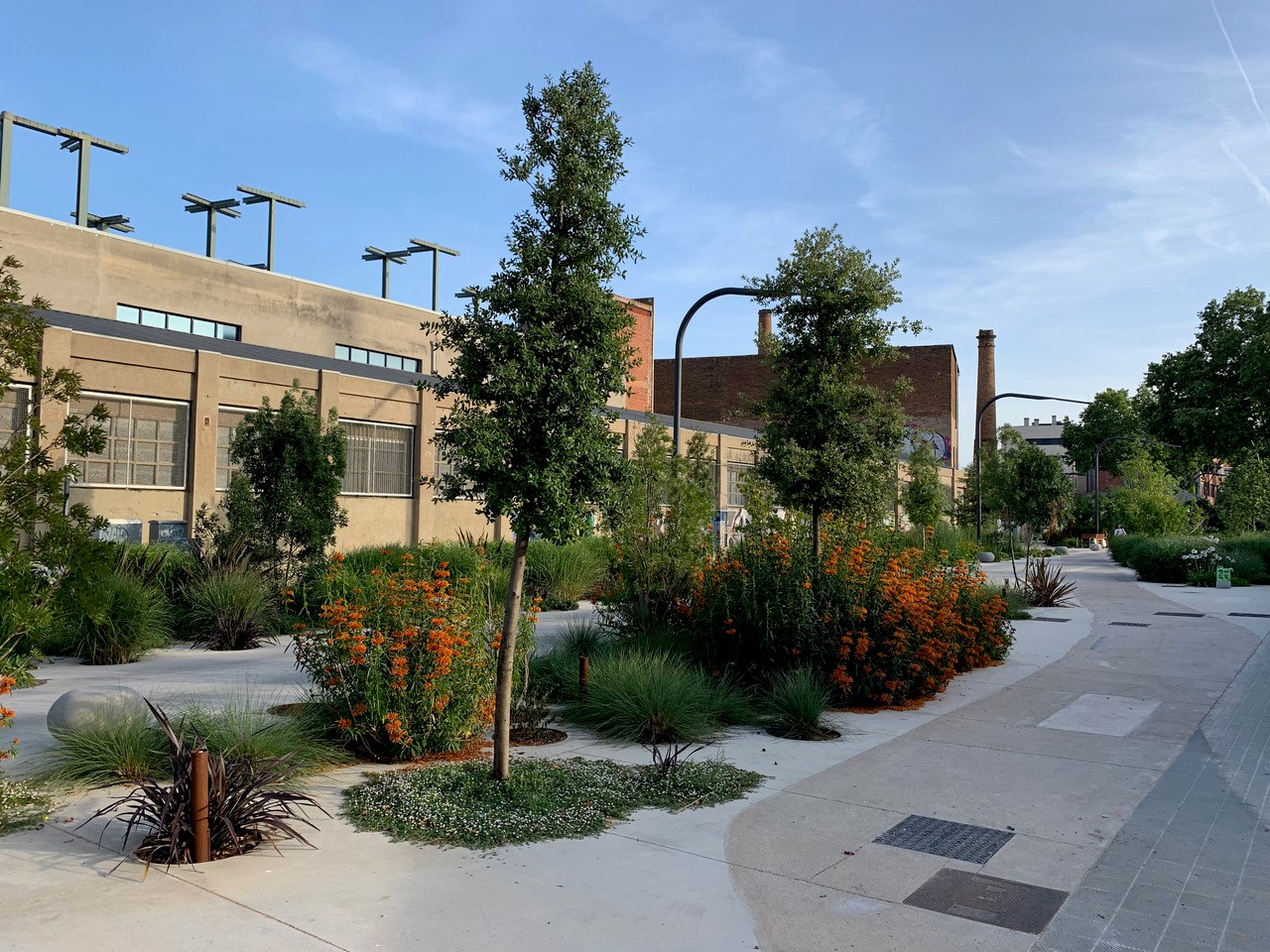Green cities and green infrastructure have become common planning practices. But why is nature good and how does green matter? Do all people have equal access to nature, or are some left out of contemporary climate planning? Furthermore, what impact will COVID 19 and climate crisis have on future green city planning? These and other questions are discussed in our episode “Green Cities and Contemporary Climate Planning: Practices and Policies.”
In this episode, Mais Jafari talks with Hillary Angelo and Isabelle Anguelovski about greening cities and contemporary climate practice, its limitations and consequences, especially in post-industrial regions and cities in transformation. Hillary Angelo brings arguments from her new book, How green became good: Urbanized nature and making of cities and citizens, which emphasizes that greening is as much a social process as a physical one, and connects these to conceptions of equity in US climate action plans. Isabelle Anguelovski discusses the policies and practices of contemporary green planning and climate adaptation and mitigation and what the ramifications and policies of it are, such as green gentrification, displacement, social inequity, and the limits of nature-based solutions, supporting her arguments from a comparative perspective of different cities adopting different models of greening approaches.
Episode transcript
Host:

Mais Jafari
Mais is a research scientist and urban planner with international experience. She works as an Assistant Professor at TU Dortmund University and coordinates a DAAD research project “Planning in Germany and Iran: responding to the challenges of climate change through intercultural dialogue”. She also works part-time at the City of Dortmund, Department of Urban Renewal, as a Project Coordinator of the EU Horizon 2020 research project “productive Green Infrastructure for post-industrial urban regeneration- proGIreg”. Since early 2020, she is a guest lecturer at RWTH Aachen University and FH Dortmund University of Applied Sciences and Art. Her research and teaching experience centers on transformation of public space, climate change and environmental planning, polycentric cities and sustainable development of post-industrial cities.
Our guests:

Hillary Angelo
Hillary is an urban and environmental sociologist and Assistant Professor of Sociology at the University of California, Santa Cruz. Her work offers a social-theoretical perspective on socio-ecological questions through both historical and contemporary research on urban greening, sustainability planning and policy, infrastructure, and climate change. She has published in leading social science and geography journals and her new book, How Green Became Good: Urbanized Nature and the Making of Cities and Citizens was published in 2021 by the University of Chicago Press. Before completing her Ph.D., she worked for five years with the New York City Department of Parks & Recreation, primarily on issues of participatory design, immigration, and public space use.

Isabelle Anguelovski
Isabelle is the director of BCNUEJ, an ICREA Research Professor, a Senior Researcher and Principal Investigator at ICTA and coordinator of the research group Healthy Cities and Environmental Justice at IMIM. She graduated with a Bachelor’s Degree in Political Studies from Science Po Lille and a Master’s in International Development at the Université de Paris 1 Sorbonne, pursued a Graduate Certificate in Nonprofit Management at Harvard University and obtained a PhD in Urban Studies and Planning from MIT before returning to Europe in 2011 with a Marie Curie International Incoming Fellowship. As part of collaborative and individual international research projects, she studies how environmental injustice is materialized and contested. Currently, her focus is on four main research areas: 1) The politics of the green city as a growing global planning orthodoxy; 2) The social and racial manifestations and impacts of green gentrification for historically marginalized residents; 3) Urban planning for health and wellbeing, with a focus on health equity and justice; and 4) Justice and inclusivity in climate adaptation planning, including distributional and procedural insecurities produced by adaptation plans, interventions, and land use configurations and regulations.

